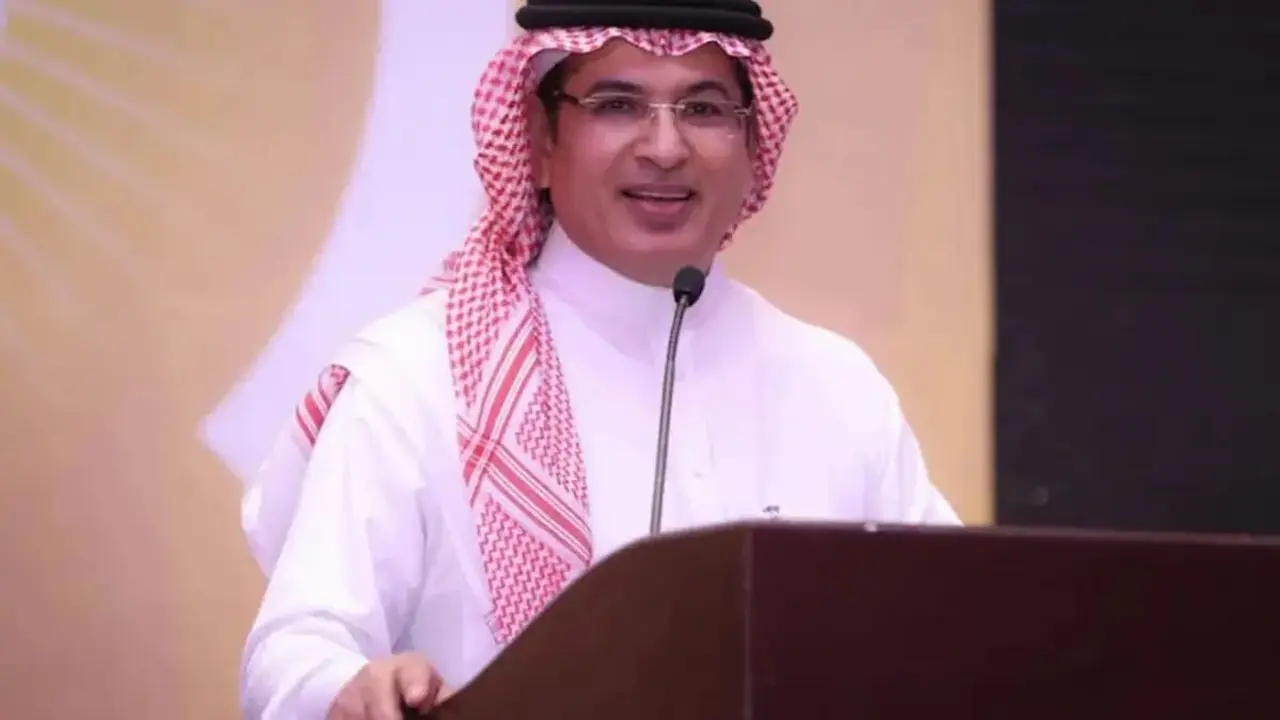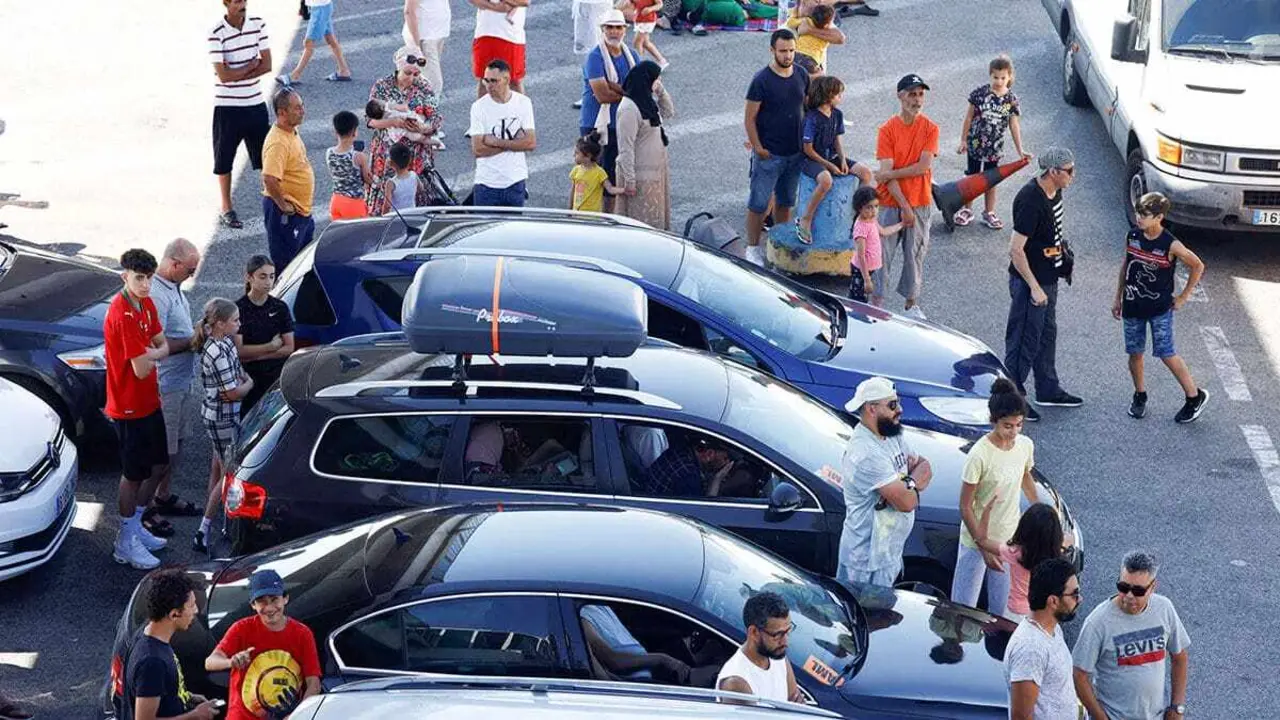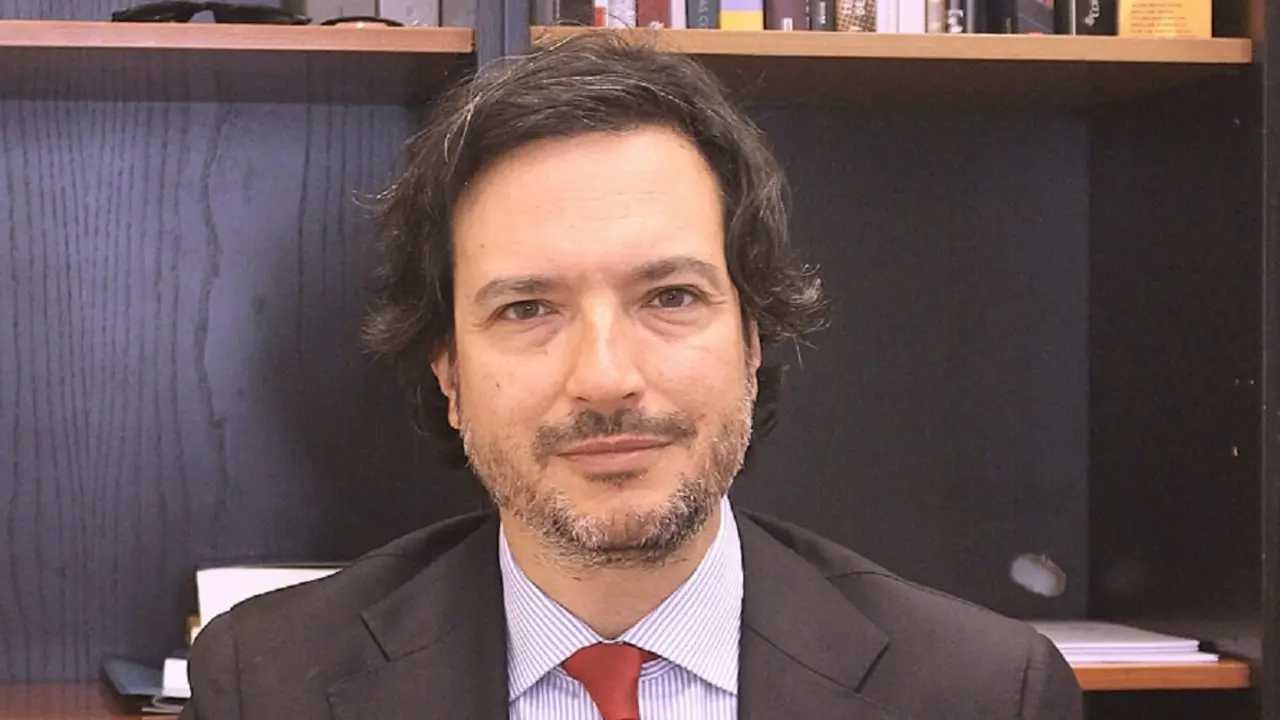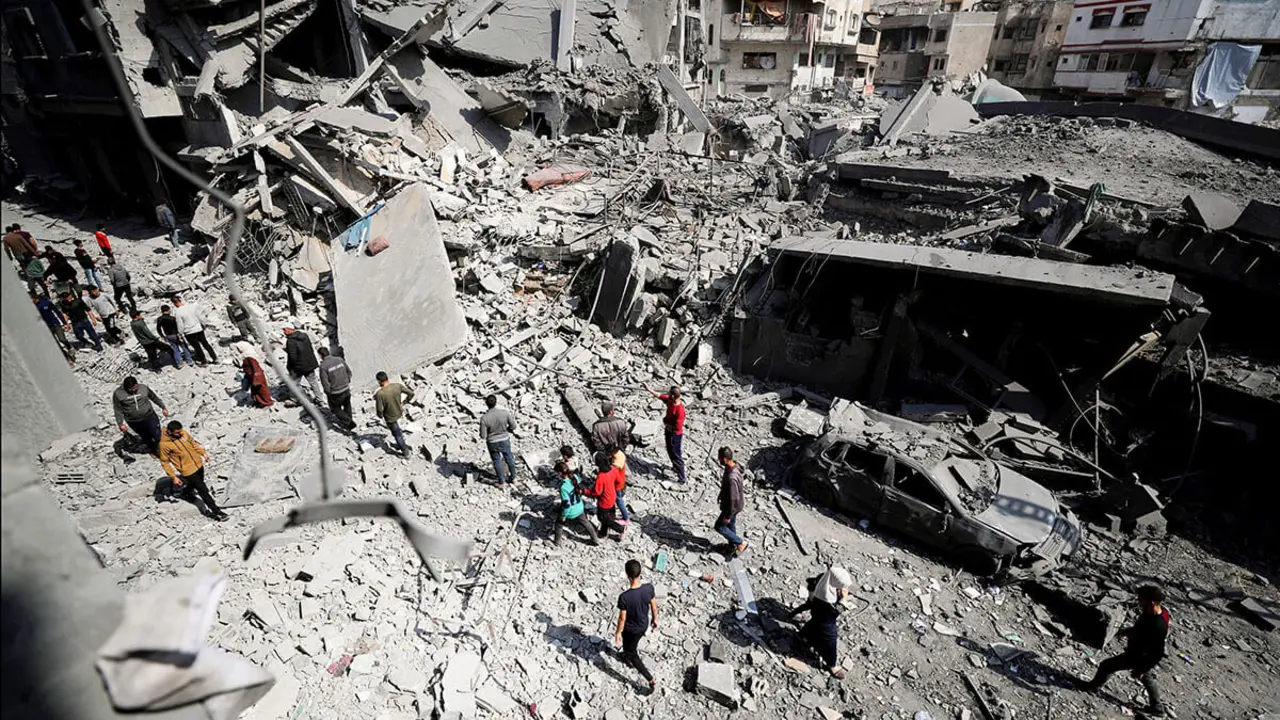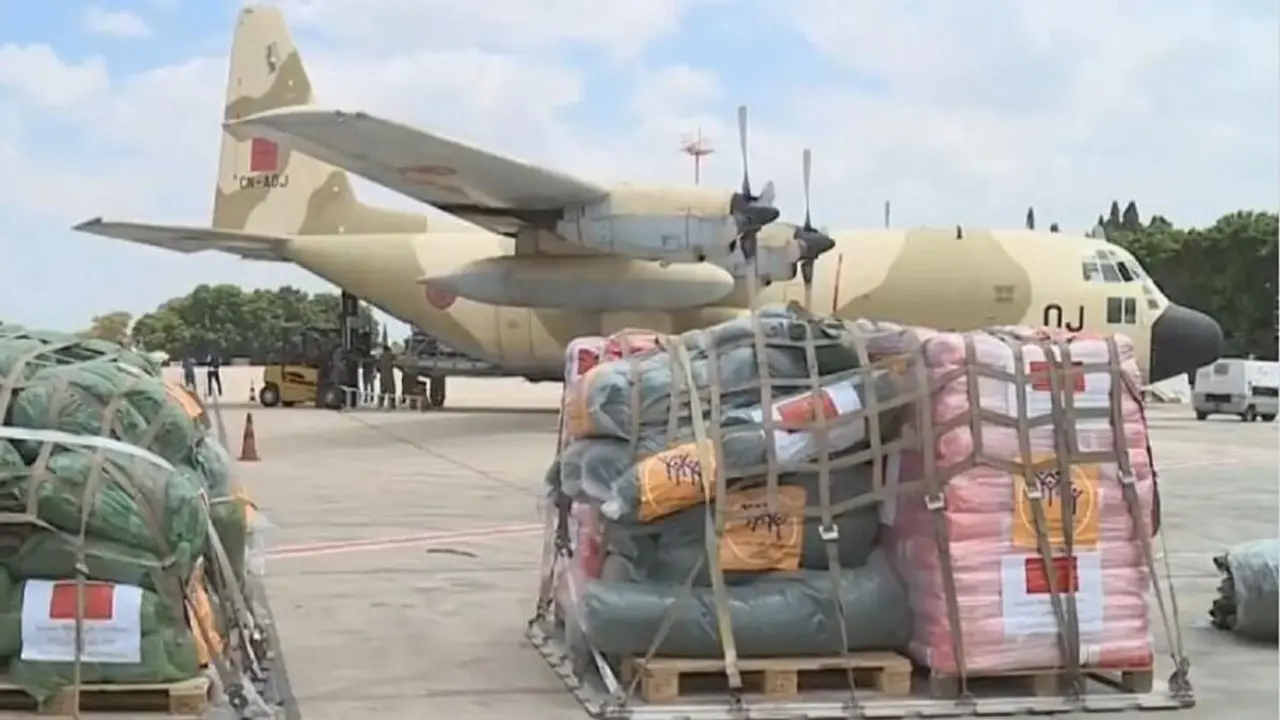Guterres: "The war in Ukraine is a crisis that affects us all"

At the launch of the report, Secretary-General António Guterres noted that while the focus is primarily on the effects of the war on Ukrainians, the conflict is also having an impact on a world that was already witnessing rising poverty, hunger and social unrest.
"We are now facing a perfect storm that threatens to devastate the economies of developing countries," the UN official said.
The Global Crisis Response Group on Food, Energy and Finance is a 32-member group, chaired by UN Deputy Secretary-General Amina Mohammed, and includes heads of UN agencies, development banks and other international organisations.
The group was created by Guterres on 14 March in response to concerns about the possible consequences of the Russian invasion of Ukraine, as well as the continuing effects of the COVID-19 pandemic.

The cluster will ensure collaboration between governments, the multilateral system and a wide range of sectors to help vulnerable countries avoid large-scale crises.
This will be achieved through high-level coordination and partnerships, urgent action and access to critical data, analysis and policy recommendations. The first policy brief was published on Wednesday.

The crisis in Ukraine risks pushing 1.7 billion people, more than a fifth of humanity, into poverty, destitution and hunger.
Ukraine and the Russian Federation provide 30 per cent of the world's wheat and barley, one-fifth of its maize and more than half of its sunflower oil.
Both countries' grain production is an essential source of food for some of the world's poorest and most vulnerable people, providing more than a third of the wheat imported by 45 African and least developed countries.
At the same time, Russia is the world's largest exporter of natural gas and the second largest exporter of oil.
The war has compounded the challenges faced by many developing countries as a result of the COVID-19 pandemic, as well as the historical burden of debt and soaring inflation.
Since the beginning of 2022, wheat and maize prices have increased by 30%, oil prices have risen by more than 60% over the past year, and natural gas and fertiliser prices have more than doubled.
At the same time, UN humanitarian operations are facing a funding crisis: the World Food Programme has warned that it does not have enough resources to feed hungry people in desperate situations. The agency urgently needs $8 billion to support its operations in Yemen, Chad and Niger.
In the report, Guterres said, "It shows that there is a direct correlation between rising food prices and social and political instability. Our world cannot afford this. We need to act now".

The policy brief stresses the importance of global cooperation to address the crisis, which it says "will leave deep and lasting scars". The report calls on all countries, as well as the private sector, NGOs and other actors, to recognise that "the very nature of increasingly frequent global shocks is such that countries are not individually responsible", and that solutions must be based on global, rather than national, risk.
In light of the rising costs of food, fuel and other commodities, all countries are urged to keep their markets open, resist hoarding and unnecessary export restrictions, and make reserves available to countries most at risk of hunger and famine.
The report calls on international financial institutions to release funds for the most vulnerable countries and to help developing country governments invest in the poorest by increasing social protection. It also calls on them to work to reform the global financial system so that inequalities are reduced.
Humanitarian appeals, the document says, must be fully funded and a major reform of the international financial system is needed to, in the words of the UN secretary general, "pull developing countries back from the brink of the financial abyss".
The crisis, depending on how the world responds, could also become an opportunity for the planet. The policy brief indicates that, in the short term, strategic fossil fuel reserves need to be released to stabilise prices and ensure sufficient supply.
However, an accelerated deployment of renewable energy would help to ensure that the kinds of energy price increases that are currently occurring are not repeated in the future; while accelerating progress towards a cleaner, low-carbon energy future.

